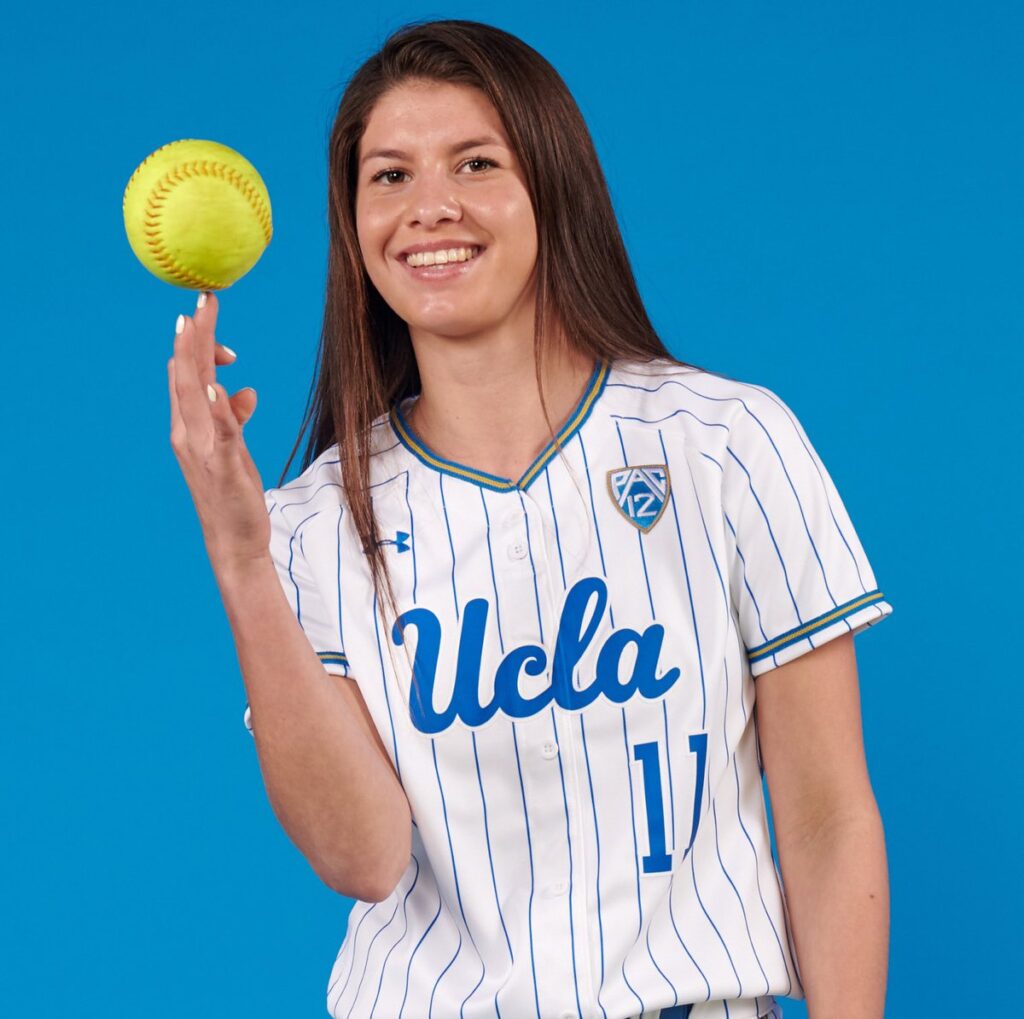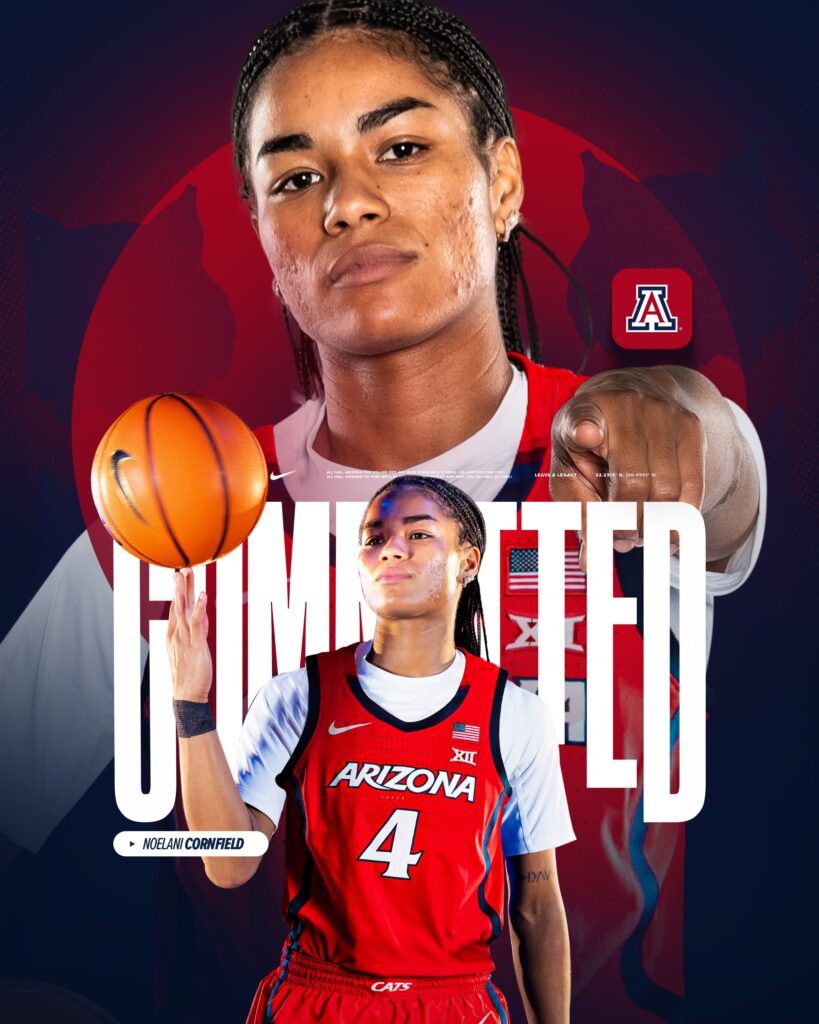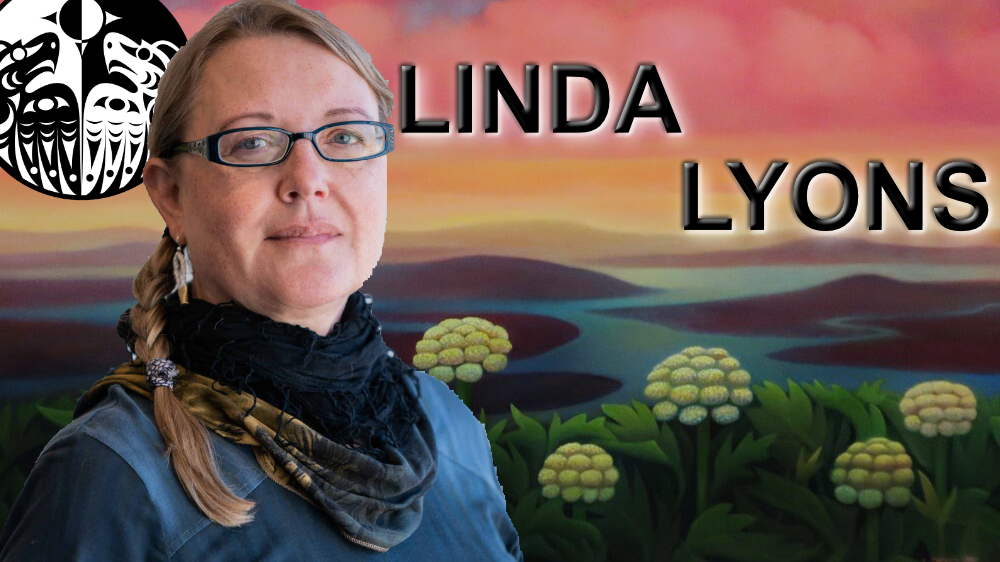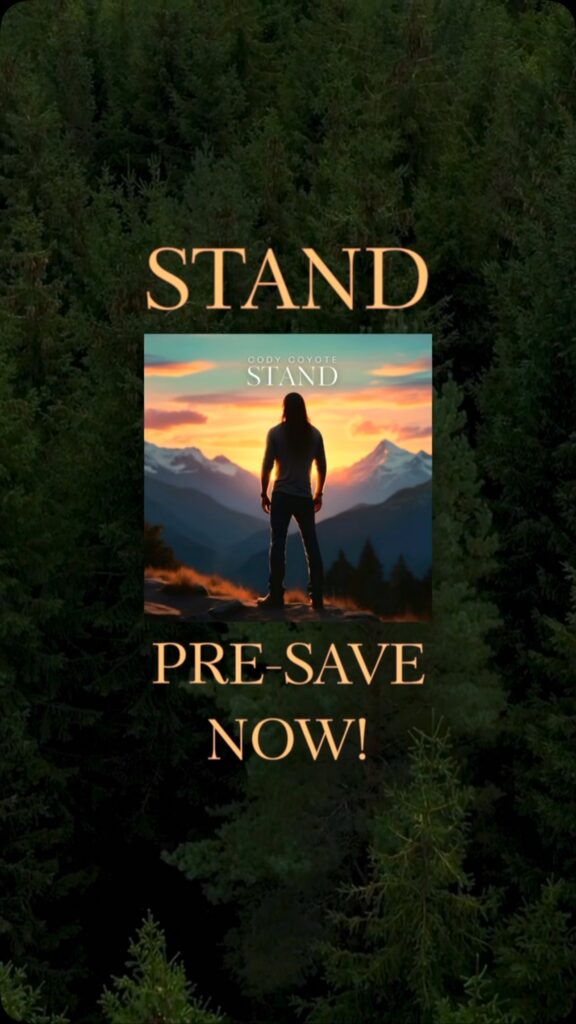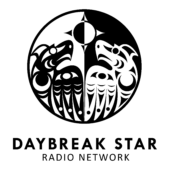Telling the Story That Matters: An Interview with Mato Wayuhi
Written by daybreak on June 4, 2025
At Daybreak Star Radio, we’re all about uplifting Native voices and celebrating the stories that shape who we are. This week, we had the honor of sitting down with Mato Wayuhi, the multi-disciplinary artist known for his work on Reservation Dogs, his powerful music, and his unapologetic storytelling.
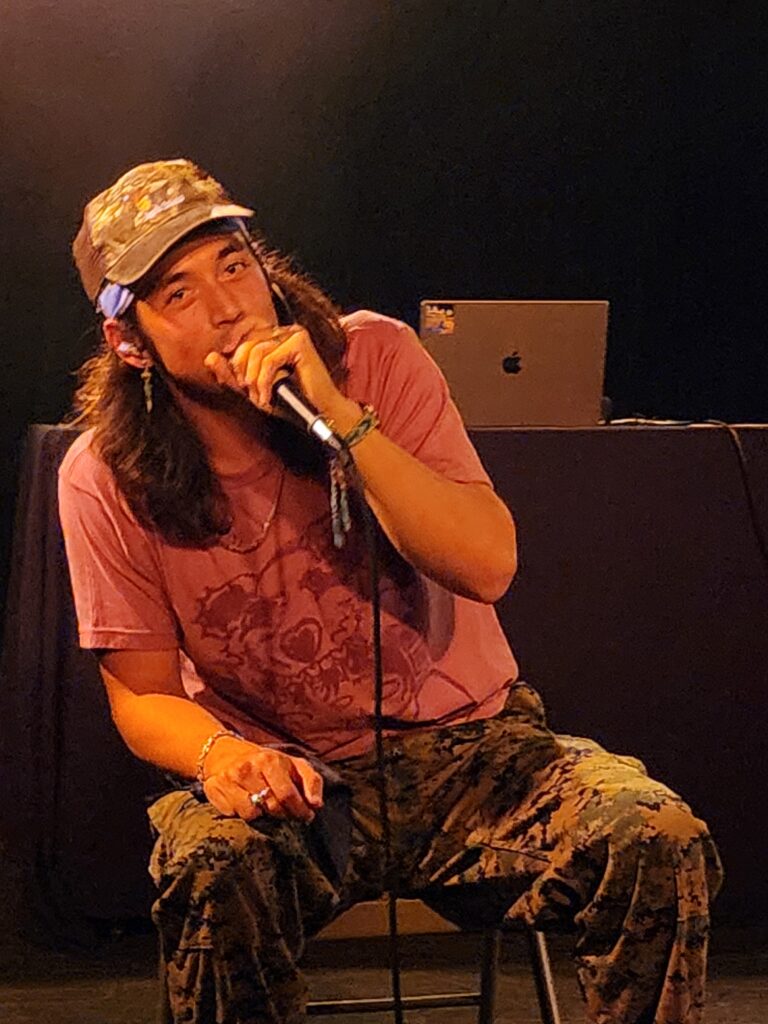
From the moment he stepped into the studio, Mato was grounded, thoughtful, and open. His first words during the interview? A call to know and share your story—even the messy parts.
“Really like, find your story. People are gonna love that. They might not even like your music, but they’re gonna love your story.”
That’s the heart of Mato Wayuhi’s message. Storytelling, he says, is what connects people—more than sound, more than performance. Whether through a TikTok or a song, what makes people lean in is truth. He encourages artists to be vulnerable and let the most insecure or flawed parts of themselves come forward. Because that’s often where the real connection lives.
Who Is Mato Wayuhi?
Born and raised in South Dakota, Mato is enrolled Oglala Lakota and also carries white ancestry. He identifies with the Titúwaŋ (People of the Plains), which he describes as the older, more rooted name for his nation.
Growing up in Sioux Falls, his creativity didn’t follow a linear path. He didn’t have access to film or music clubs. It wasn’t until late high school that he took an audio-video course and began connecting dots between the music he loved and the visuals he imagined.
Now, his work bridges film, music, and performance. He sees no lines between the mediums—it’s all about emotion and storytelling. His creative process is intuitive and expansive. He doesn’t limit his vision to budget or expectation—lessons instilled by his imaginative parents.
“My dad used to tell my mom he wanted to open a cultural center and recording studio on the rez. It never happened, but that dream stuck with me. That taught me to dream big—don’t limit your vision.”
Rooted in Place

Mato’s connection to Pine Ridge and the cultural practices he grew up with—sweats, Sundance, ceremonies—weren’t something he thought twice about until he left. It wasn’t until college in Los Angeles that he realized how rare and valuable that upbringing was.
He talked about growing up with a kind of “dual citizenship”—treated as too Native in the city and not Native enough on the reservation. It shaped how he understood identity and belonging, something he channels into his work now.
On Representation and Moving the Needle
As someone deeply involved in Indigenous representation in media, Mato doesn’t shy away from the complexity. While excited by the progress being made, he’s also honest about the limits of visibility.
“Being on screen is great, but I’m passionate about what’s behind the camera. The real decisions happen there. We need more Indigenous people in those rooms—producing, making the calls, greenlighting the work.”
Advice for Native Artists
Mato’s advice for young Native artists is direct: just start. The scariest part is often the beginning. He urges artists not to overthink, to treat creativity like recess—get out there, play, make mistakes, let the joy lead.
“You can always clean up later. You can always fix things. But the creative spirit? That moment of freedom—that’s what matters. Start with that.”
He also pushes artists to find their narrative. Whether or not someone connects with your work, they’ll remember your story.
This conversation with Mato Wayuhi reminds us why we do what we do at Daybreak Star Radio: to lift up voices like his. He’s not just making music or acting in shows—he’s telling layered, powerful, Indigenous stories that speak to who we are and where we’re going.
🎥 Watch the full interview below.
🔗 To learn more about Mato Wayuhi and his work, visit matowayuhi.net.

